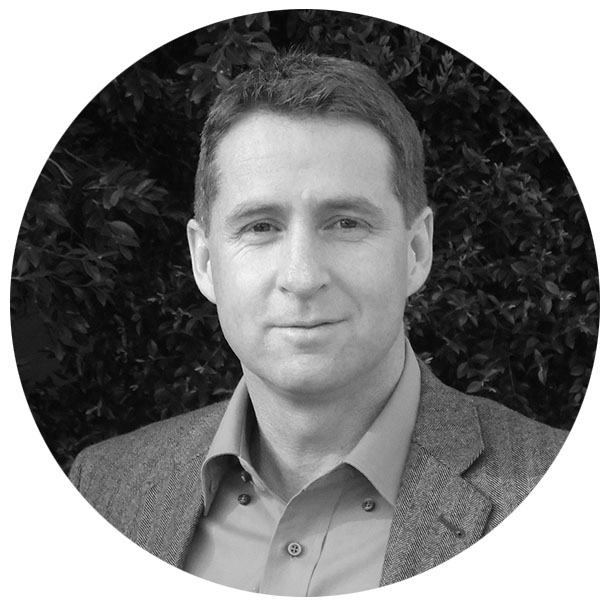Programme Overview
The Kellogg Rural Leadership Programme is a modern delivery platform designed to expand ‘contextual intelligence’ and the critical thinking required for effective leadership.
The six-month course includes 18 days of programmed content delivered in three residential-based phases and course project report between Phase One and Phase Three.
Find out more about the course format and the topics covered and meet our Kellogg Delivery Team and Workshop Presenters below.
Programme accreditation.
In 2021 it became possible to concurrently achieve your Kellogg qualification and a Post Graduate Certificate in Commerce from Lincoln University, for those who meet the entry criteria. You’ll need to enrol prior to starting the programme.
It is also now possible to use the 60 credits awarded towards a Master of Business – Global Management and Marketing (MBus GMM).
Alternatively, Massey University can offer recognised prior learning (RPL) in the form of 60 credits towards a post graduate qualification e.g., PG Dip. or Masters degree.
Both excellent options for keeping the momentum up on your study journey.
Kellogg Programme format and topics.
The six-month course includes 18 days of programmed content delivered in three residential-based phases. It also includes a self-directed project report, completed between Phase One and Phase Three.
Course content is varied and intensive by design with presentations, case studies, field trips, discussions and group work. Each day there is a review session which pulls together the key discussion points to help consolidate learnings.
Here is an outline of the programme’s three phases.
One: Leadership tools and industry contexts.
Nine-day (eight-night) residential module at Lincoln University.
Phase One is made up of three key components which provide the foundation for the programme.
- Leadership skills and tools, including personal and team styles, and outcomes, design thinking, critical analysis tools, design thinking approaches.
- Leadership Applications – of skills and tools in various situational contexts.
- Leadership Strategic Contexts – with specific focus on New Zealand Food and Fibre Sector strategies and leadership challenges.
Topics include:
- Presentation skills, leadership skills, critical and design thinking and research skills.
- Break out meetings to discuss your project topic with the Academic Director.
- A team building day.
- Sector overview and strategic insights on governance, Maori agriculture, rural communities.
- Panel discussions with Kellogg Alumni
- A networking function.
You will also break into smaller cohorts where you’ll have the opportunity to bounce ideas of fellow Scholars, and form strong bonds and networks within a smaller group.
During Phase One and Phase Two there will be a series of Zoom calls to check in with your cohort and on your progress.
Two: Political, economic and environmental context.
Five-day (four-night) residential in Wellington.
Phase Two is held in Wellington to gain greater insights into the political and economic macro environment, decision making and policy development contexts. The focus is on how to engage and influence decision making at a local, regional, central government and industry level.
The leadership contexts and personal leadership styles are personalised with the opportunity to meet political, industry and business leaders. Here you’ll discuss their individual leadership experiences, challenges, and personal leadership approach.
Topics include:
- The political environment.
- How to influence decision making.
- The role of NGOs.
- Lobbying.
- How to prepare a submission.
- How legislation is created and how to get involved.
You will also:
- Meet with MPs and the Minister of Agriculture.
- Visit Parliament to experience question time.
- Visits with sector leaders, industry leaders, Government Chairs.
- Attend a networking function in Wellington – you can invite someone along to attend.
Three: Leadership application and goal setting.
Four-day (three-night) residential at Lincoln University.
Phase Three is the culmination of the project work and the opportunity to demonstrate the application of research, presentation and critical analysis skills before colleagues and industry representatives with questioning, discussion, and peer feedback.
Case studies and industry leader challenges also provide further application of learnings. Goal setting for the future, including personal brand identification and presentation, provide the platform for ongoing leadership development.
Topics include:
- Present individual reports to the group, followed by Q&A sessions.
- A springboard discussion – where you’ll discuss your leadership aspirations and prepare your development plan.
Note: We ask Scholars to submit their reports three weeks prior to Phase Three commencing.
Graduation is on the last day of Phase Three. You’ll be awarded your Kellogg Graduation Certificate.
Course report project.
Scholars choose a topic of interest and value which contributes to developing leadership outcomes and aspirations. The project brings together problem/research, question definition, research tool application, critical analysis, management report writing and presentation.
Delivery team.
The Programme has a strong management and delivery team with the Programme Leader, Academic Director and high calibre presenters from the New Zealand agri-food and business sector as well as leadership workshop specialists.
Our programmes work in partnership with some of New Zealand’s leading agribusiness organisations – click here for more.



























